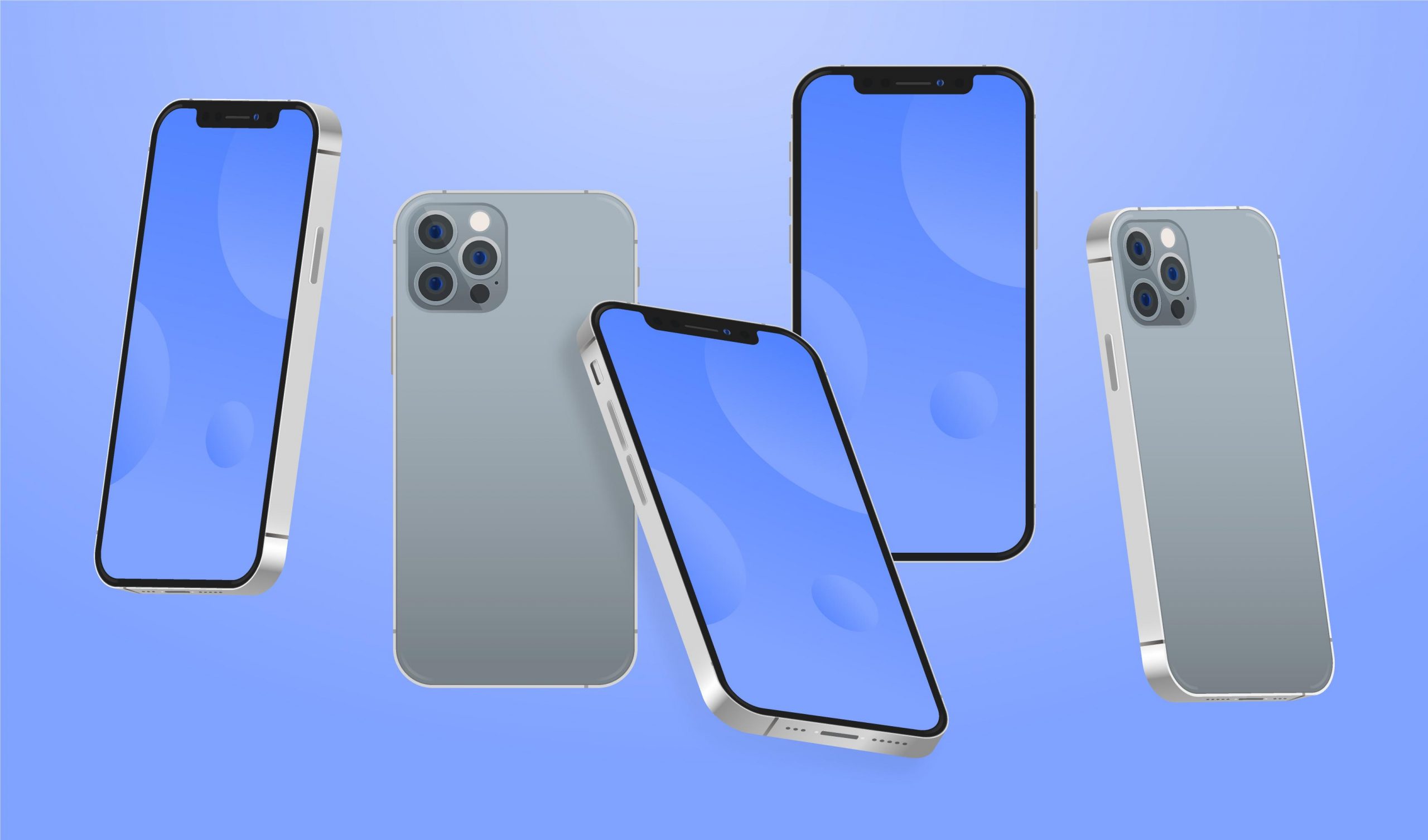Neglecting backup is risky since you can lose data at any time. It’s why learning how to backup iPhone data is incredibly important.
Even though you can transfer data to a new iPhone, a backup will save you stress.
There are 794 million iPhones worldwide, and only 52% of users have backed up their phones.
Nothing is more frustrating than losing the expensive songs or videos you bought from iTunes. And losing access to a high-profile document can be worse. You need both iCloud and local backup. 1 out of 3 iPhones will be stolen.
How to Track Your Lost iPhone
Before you learn how to backup your iPhone, tracking your IOS device is also crucial in case of theft. Apple recommends you do these immediately after a stolen or lost iPhone.
- Locate Your Device on A Map with the ‘Find My’ Resource
‘Find My’ is Apple’s tracking application. You can locate missing iPhones, iOS, Airpod, and macOS with it.
It’s advisable to always turn on your ‘Find My’ App. It will save the day when your phone goes missing.
Use a different iPhone to access the resource. Otherwise, use the web version. The application works by interacting with the aid on your device if it’s on. If you can’t locate your device, the Find My App is turned off on your iPhone.
- Mark Your Device as Lost to Lock It
Securing sensitive data and preventing authorized access is the first thing you should think of when your phone goes missing. Marking your device as ‘lost’ remotely locks it. Locking it also disables Apple Pay.
- Report to The Police
The risk associated with your stolen iPhone goes beyond data theft. Identity theft is worse.
- Take Advantage of Applecare Coverage
If your iPhone has AppleCare coverage, you will get a new one once you file for theft or loss. The plan covers up to two incidences of theft or loss within a 12-month interval.
- Remotely Delete Your Data
Secure your Applecare Coverage benefit before you delete your Data remotely. Or you won’t have any evidence for your theft claim. Don’t worry if you’re planning to use the ‘Find My’ resource. It won’t affect it.
- Contact Your Network Service Provider
You’ll need to disable your network carrier on your device. Stop calls and data use.
- Visit Apple ID to remove Your Lost iPhone.
Apple ID connects all Apple services. If you haven’t taken advantage of Applecare Coverage, don’t apply this step.
What Data Needs iPhone Backup?
Without a backup plan, you’ll lose the following data:
- Videos and pictures
You’d be fine if you enabled the iCloud photo library, even if you disabled iCloud backup. Otherwise, you’ll lose all your files.
- Contact and Calendar
For most people, this Data might not be necessary. But if you have attached notes to them, you’re at risk of losing them.
- All messages
iCloud Messages helps you conveniently backup your notes. It’s a great way to reduce the risk of loss.
- Health and home data
Health and home data is no exemption for data loss. Syn them via iCloud to protect them.
- Voicemails
Do you have important voicemails you don’t want to lose? Back them up!
- Documents
Your documents are probably the most critical data on your iPhone. So be careful not to opt-out of the iCloud drive.
The iPhone BackUp Process
If you’ve asked yourself this question, how long does an iPhone backup to a computer take? Here’s your answer, it takes about 2 hours if you’re backing up for the first time. Afterward, it will take 30 minutes of your time every two weeks. You can either backup your iPhone with iCloud or backup your iPhone to your local computer. iCloud backups are safer because you will lose your Data if your laptop gets damaged.
iPhone Backup with iTunes Backup
Itunes backup covers messages, contacts, photos, calendar, etc. With this backup, you can encrypt your iPhone and save your files to a PC. Ensure you install the latest iTunes to your PC.
Here are the steps.
- If you have iTunes on your PC, connect your iPhone using a USD cable.
- Launch iTunes: Next, click on the Device icon. You’ll find the icon close to the category drop-down at the left. After that, choose ‘this computer’ under ‘automatic backup.’ Click on the ‘encrypt box.’ It will backup your passwords and other data you do not remember, like health and activity data. They’ll ask you to create a password to proceed. Choose one that’s easy to remember. They’ll ask for it again.
The iCloud iPhone backup option will automate the process next time. Even when you’re asleep! Besides, with iCloud, you don’t need a cable for subsequent backups. You can’t choose both options. You either stick with iCloud backup or computer backup.
- Backup your files: Once you complete all settings, click ‘back up now .’iPhone Backup completion depends on the number of files on your phone.
What if you don’t have iTunes for the iPhone Backup?
iPhone Backup to Mac
If you don’t have iTunes, use Mac for the IOS device backup. Try out these steps.
- Connect your iPhone via wifi or use a cord.
- On your Mac, open Finder and locate your iPhone at the sidebar.
- Select General
- They’ll ask if you want to back up the most essential data on your iPhone to iCloud. Or if you prefer to back up all of the Data on your iPhone to your PC.
- Select your preferred choice and click back up now.
iPhone Backup with iTunes Sync
Another way of executing an iPhone backup is by using iTunes sync. You can have several syn files with this functionality, including large ones. Follow these steps to proceed:
- Connect your IOS Device
Connect your IOS device using a cord to your PC. After adding your password, open iTunes on your PC and hit the iPhone icon.
- Decide What to Sync
Once you click the iPhone icon, you’ll find a list of categories: music, movies, TV shows, books, photos, etc. You can also filter your choices using several parameters.
- Apply Sync
Hit the sync button, and that would be it.



Comments